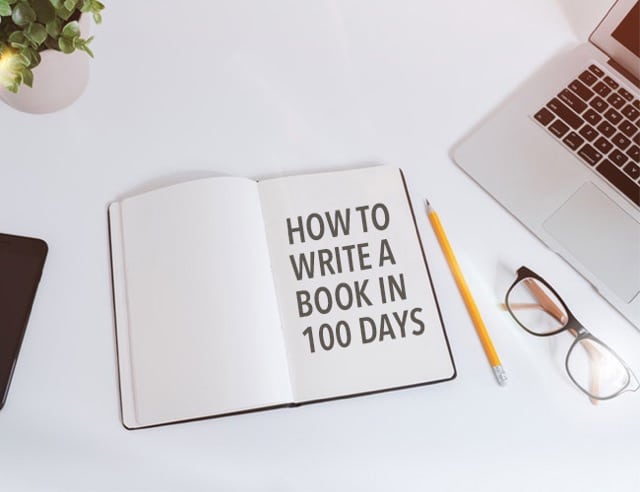
by Joe Bunting |
Let’s start with the obvious: You don’t know how to write a book. I’ve written seven books, and I don’t really know how to write a book either. I have a process that works, sure, but with writing, as with many things in life, it’s always when you think you know what you’re doing that you get into trouble.
So let’s just admit right now, you don’t know how to write a book, and definitely not in 100 days, and that’s okay. There, don’t you feel better?
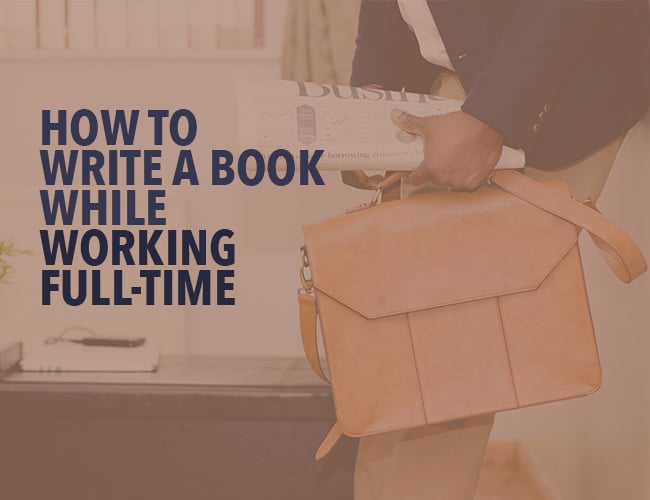
by Jeff Elkins |
I dream of a day when I can wake up, sip my coffee, write some morning pages, and then work on my latest novel until dinner. Unfortunately for me, and for many of you, that day is not today.
I’ve got kids and a house and bills, so I have to work full-time. Even so, over the past four years, I’ve published five novels, three novellas, and countless short stories.
How do I write books while working full-time? There are five things I’ve had to do to make this a reality.

by Sue Weems |
If you’ve ever had the middle of a manuscript sag and feel flabby, congrats. You’re a writer! One of the questions I ask when get stuck in the middle of a manuscript is this: “How can I make this worse for this character?” One of the key elements you might use is the very thing we try so hard to avoid on a daily basis: abrasive people.
How can an abrasive character push your character’s arc, keep the plot moving, and deepen the theme? Read on to find out.
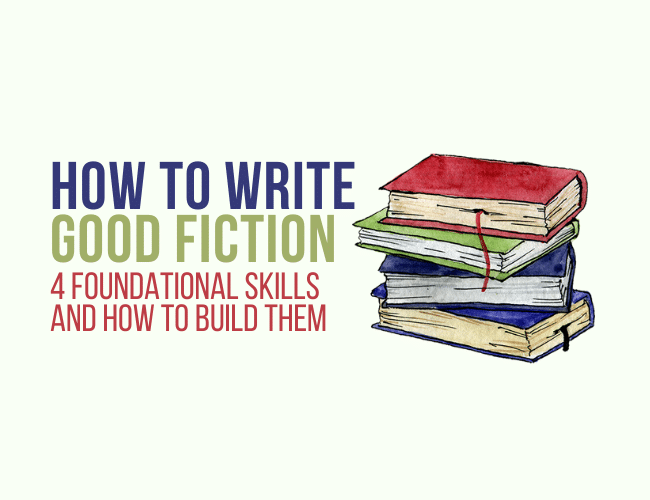
by J. D. Edwin |
Do you want to write a novel but are unsure on how to write good fiction?
Writing good fiction takes time and practice. There’s no way around it.
However, if you’re looking for some specific and valuable writing skills that you should concentrate on building, this post is for your.
Here, learn the four foundational writing kills that will make you a better fiction writer which I’ll share with practical tips to help you improve your craft today.
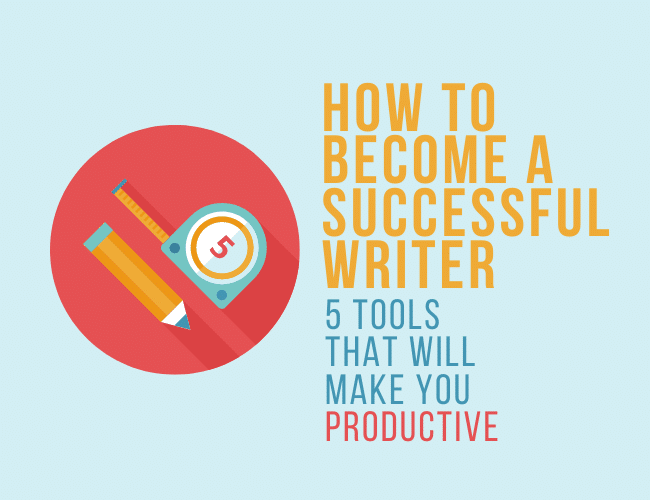
by J. D. Edwin |
Have you ever wondered how some writers publish a book or more a year? Do they have a secret that could teach you how to become a successful writer? Are there tools you could use to make you equally productive?
If you want to become a successful writer, you need to first learn how to become a productive writer. But what does it really take to be productive?
In this article we will look at five tools you can use to become a more productive and successful writer—all of which you’ll want to place neatly in your writer’s toolkit.
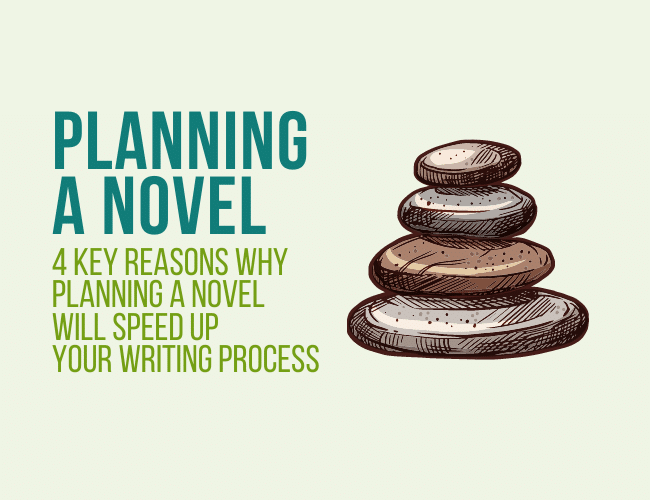
by J. D. Edwin |
Do you dread planning a novel, or love it? Plotters and pantsers often have different perspectives—but which one are you?
Declaring yourself as a plotter or pantser is like being asked to pick a house in Hogwarts: are you House Planner or House Pantser? Which one?
In your writing career, I can guarantee you’ll connect with writers from both “houses,” and I’m not sure there will ever be a definitive answer to one team being better than the other.
However, I do think there are extreme benefits to planning a novel. If nothing else, there are four key reasons why planning a novel will speed up your writing process when writing your first draft—and next drafts.








